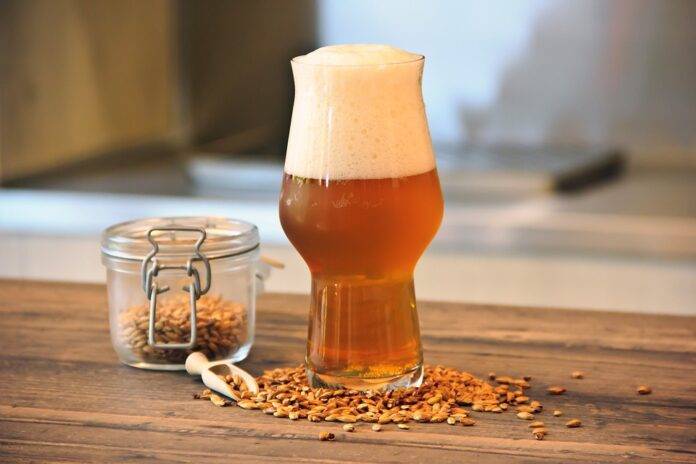The Rich History of Helles and Dunkel Lagers in Southern Germany
The Origins of Helles and Dunkel Lagers
Helles and Dunkel lagers have long been a cornerstone of southern German beer culture, with roots that date back centuries. Helles, which means “pale” in German, was first brewed in Munich in the late 19th century as a response to the popularity of Pilsner-style beers from the Czech Republic. It quickly became a favorite among locals for its light, refreshing taste and smooth finish.
On the other hand, Dunkel, which translates to “dark,” has a history that predates Helles. Dunkel lagers were traditionally brewed in Bavaria using roasted malts, giving them their characteristic dark color and rich, malty flavor profile. These beers were originally consumed by the working class in southern Germany and were known for their hearty and satisfying taste.
The Rise of Helles and Dunkel Lagers in Modern Times
In modern times, Helles and Dunkel lagers have continued to thrive in southern Germany, with many breweries still producing these traditional beer styles. One of the most famous examples is the Hofbräuhaus in Munich, which has been brewing Helles and Dunkel lagers for over 400 years. These beers are not only beloved by locals but have also gained international acclaim for their quality and authenticity.
Financial Impact and Industry Insights
The popularity of Helles and Dunkel lagers has had a significant financial impact on the beer industry in southern Germany. According to industry data, sales of these traditional lagers have remained strong despite the rise of craft beer and other beer styles. In fact, many breweries have reported that Helles and Dunkel lagers are some of their best-selling products, accounting for a significant portion of their revenue.
Furthermore, the demand for Helles and Dunkel lagers has led to increased competition among breweries in southern Germany. Many breweries have invested in modernizing their production facilities and improving the quality of their ingredients to meet the growing demand for these traditional beer styles. This has resulted in a more diverse and competitive market for Helles and Dunkel lagers, with consumers benefiting from a wider range of options to choose from.
The Cultural Significance of Helles and Dunkel Lagers
Helles and Dunkel lagers are not just popular beer styles in southern Germany – they are a key part of the region’s cultural identity. These beers are often enjoyed at traditional beer gardens and festivals, where locals and tourists alike gather to socialize and celebrate the rich brewing heritage of the region. In many ways, Helles and Dunkel lagers are a symbol of southern German hospitality and camaraderie, bringing people together in a shared love of good beer and good company.
In conclusion, Helles and Dunkel lagers play a crucial role in defining southern German beer culture. Their rich history, financial impact, and cultural significance make them an integral part of the region’s brewing heritage. As long as there are breweries in southern Germany dedicated to preserving these traditional beer styles, Helles and Dunkel lagers will continue to be a beloved and enduring symbol of the region’s beer culture.




